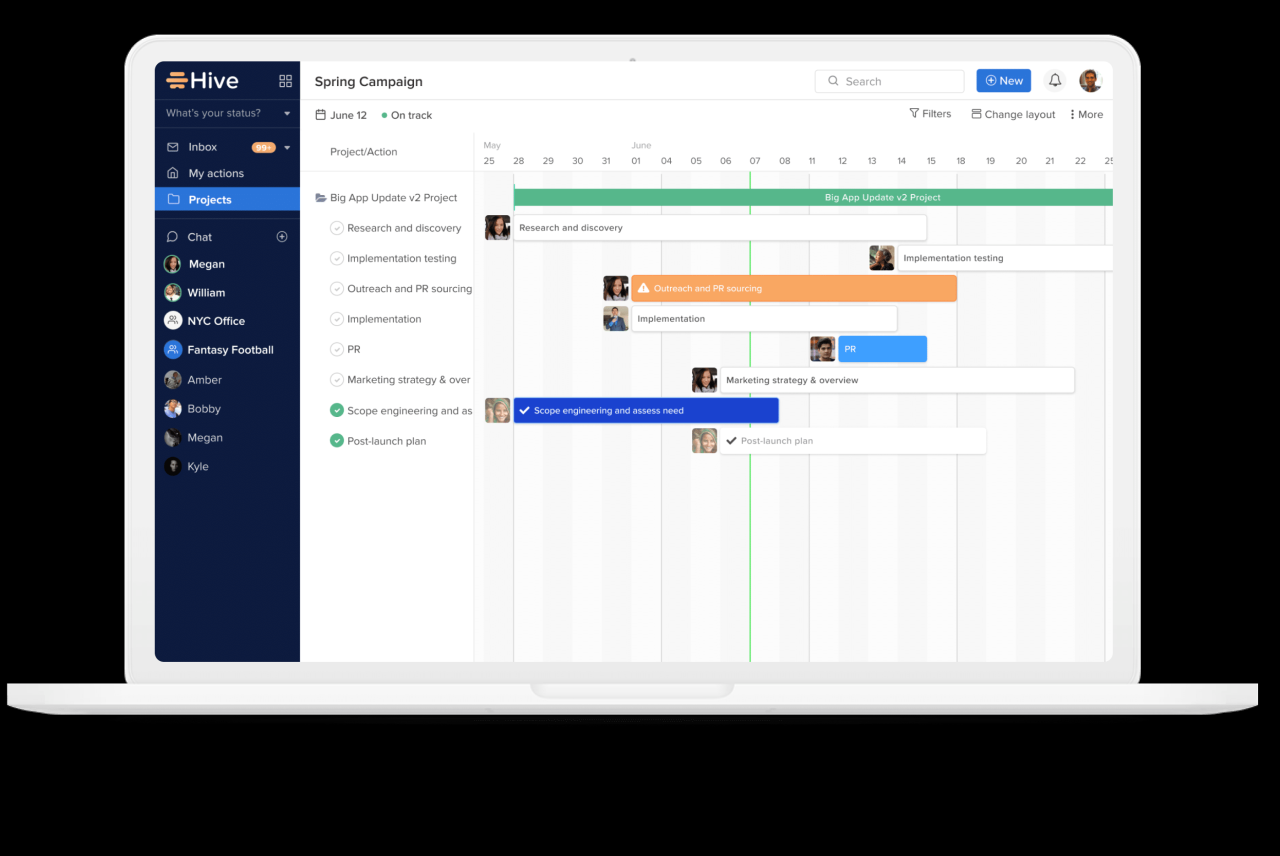Ever feel like herding cats while trying to manage a project? You’re not alone. In today’s fast-paced business environment, effective project management is no longer a ‘nice-to-have’ – it’s a critical ingredient for success. But juggling tasks, deadlines, and team members across different locations and time zones can quickly become overwhelming.
That’s where project management tools come in. They’re designed to streamline workflows, improve communication, and ultimately, help you deliver projects on time and within budget. This article will cut through the noise and explore some of the very best project management tools available, highlighting their key features, benefits, and ideal use cases.
Get ready to discover the perfect solution to transform your project chaos into organized success, boosting your team’s productivity and achieving your business goals.
Top Project Management Tools to Supercharge Your Workflow
Juggling deadlines, tasks, and team members can feel like a circus act. That’s where project management software comes in. Think of these tools as your digital ringmaster, helping you tame the chaos and bring order to any project, big or small.
Selecting the right platform, however, can be daunting. There’s a sea of options, each promising to be the ultimate solution. This guide navigates that landscape, offering insights into some outstanding choices and what makes them tick.
We’ll explore platforms suitable for diverse team sizes, budgets, and project complexities. Get ready to discover the tools that will transform your project management and boost team productivity.
No matter what field you are in, choosing the right project management tool is important for better management, collaboration, and overall project success.
Asana: The Versatile All-Rounder
Asana is known for its adaptability. Teams of all sizes can benefit from its streamlined task management and communication features. Visual project boards and automated workflows make it an excellent choice.
It’s designed for clarity. Tasks can be assigned, prioritized, and tracked with ease. This helps everyone stay on the same page and know exactly what is expected.
Features like timelines provide a high-level overview of the project. Integration with other platforms like Google Workspace further increases its appeal.
With its user-friendly interface and broad range of features, Asana stands out as a robust tool for all project management requirements.
Asana is a solid option if your team wants a tool that can manage complex projects with detailed task dependencies.
Trello: Visual Simplicity at its Finest

Trello’s card-based system is a refreshing take on project management. Its intuitive design, built on the Kanban method, allows teams to visualize workflow progress with ease.
Each project element becomes a card, and cards travel across columns representing different stages of completion. This creates a clear overview of the project’s advancement.
Power-Ups add functionality beyond basic boards. These integrations can enhance team communication, automate tasks, or connect Trello to other software.
Trello’s simplicity is deceptive. It’s an effective tool for managing both personal and professional projects. Plus, the free version is more than enough for small teams.
If you’re visual-oriented and appreciate something easy, Trello’s card based and drag and drop interface might be perfect for you. It is also great for Kanban methodology.
Monday.com: The Customizable Powerhouse
Monday.com is all about customization. It provides a visually appealing, highly adaptable workspace where teams can build workflows that suit their specific needs.
From marketing campaigns to product launches, this system lets teams define and track every element. The intuitive platform promotes collaboration and keeps everyone informed.
Integration with other popular business applications is another advantage. This allows users to consolidate data and avoid juggling multiple apps.
Monday.com can be a powerhouse for improving project efficiency and team cooperation with its broad range of features and intuitive interface.
Monday.com’s strength is in its visual project management and ability to handle complex workflows with ease. Its collaborative environment helps the whole team work together.
Jira: Agile Champion for Software Teams
Jira is favored in the software development world for good reason. It’s designed with agile methodologies in mind, offering robust tools for issue tracking and project management.
It features powerful workflow automation, ensuring tasks are handled properly at each phase of the development process. This accelerates productivity and reduces human error.
Jira integrates smoothly with other development tools such as Bitbucket and Confluence, which creates a seamless environment.
With features such as sprint planning and reporting dashboards, it enables teams to execute projects while maintaining visibility and control.
If you’re on the agile side of software development, Jira is the tool that can help you handle any agile tasks.
Basecamp: The Communication-Focused Hub
Basecamp takes a unique approach, emphasizing communication as the central pillar of project management. It combines to-do lists, message boards, and real-time chat features.
This all-in-one approach reduces the need for endless emails and scattered communication. Basecamp keeps every member of the project in the loop.
The “Campfire” feature provides a real-time chat space, which encourages quick interaction among team members.
Basecamp is great if streamlined and centralized communication is your priority. Its distinctive strategy makes it an asset for improving project clarity.
Basecamp is more than a project management tool; it’s a team communication hub. Features like automatic check-ins encourage consistent reporting among employees.
Choosing the Right Tool: A Few Things to Consider
The “best” tool depends entirely on your specific requirements. Consider the size of your team, the complexity of your projects, and your budget before committing.
Evaluate which features are vital to your success. Is visual project tracking essential? Does your team require advanced reporting? Are you working with complex workflows?
Free trials are your best friend. Experiment with multiple platforms before deciding. Get hands-on experience to find what feels like a natural fit.
Think about scalability, too. Will the tool grow with your business as your needs evolve? Choosing a flexible option can save time and resources down the line.
It’s important to test, research and evaluate features of each project management tool to find the one that best fits your project management needs.